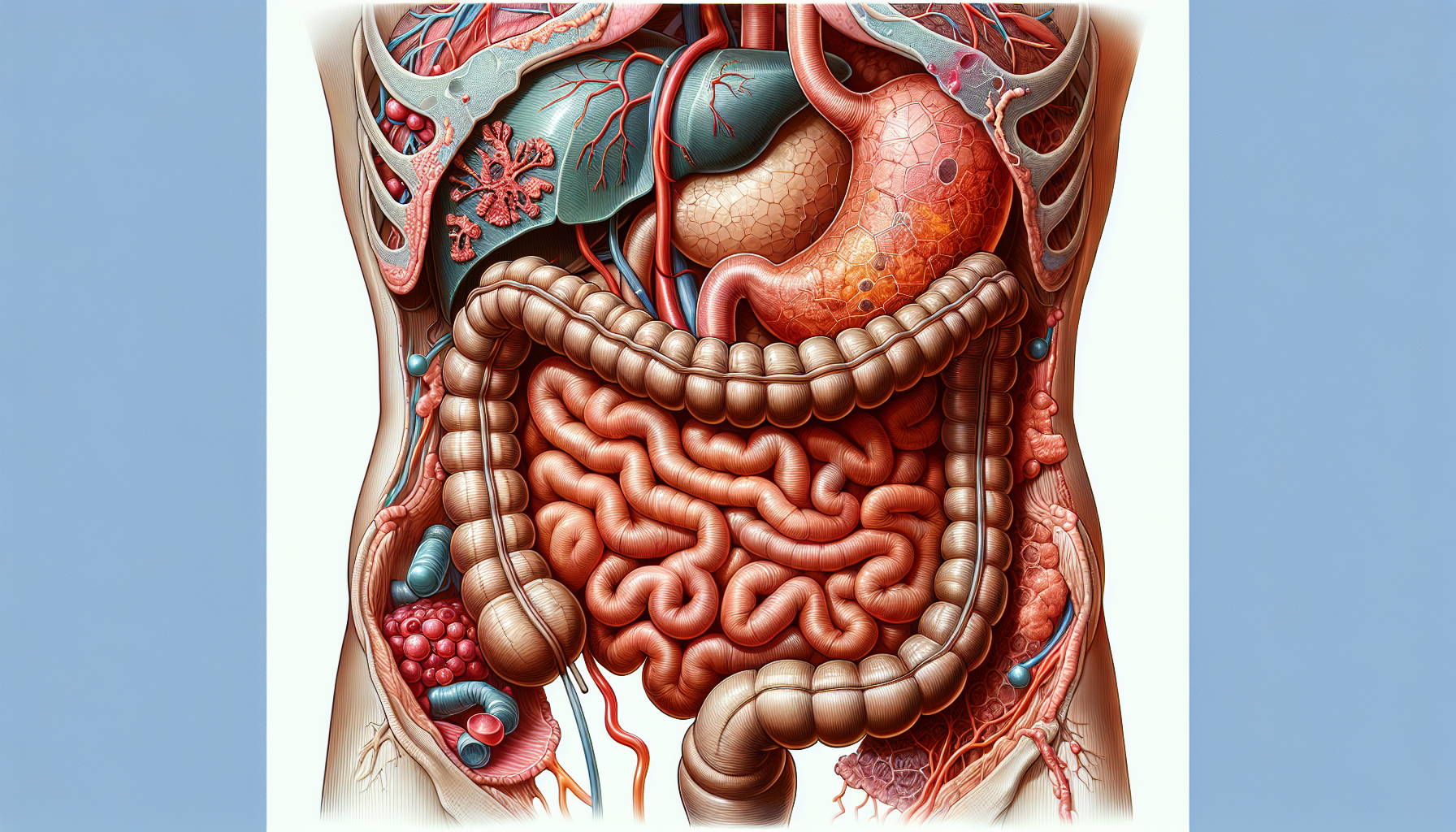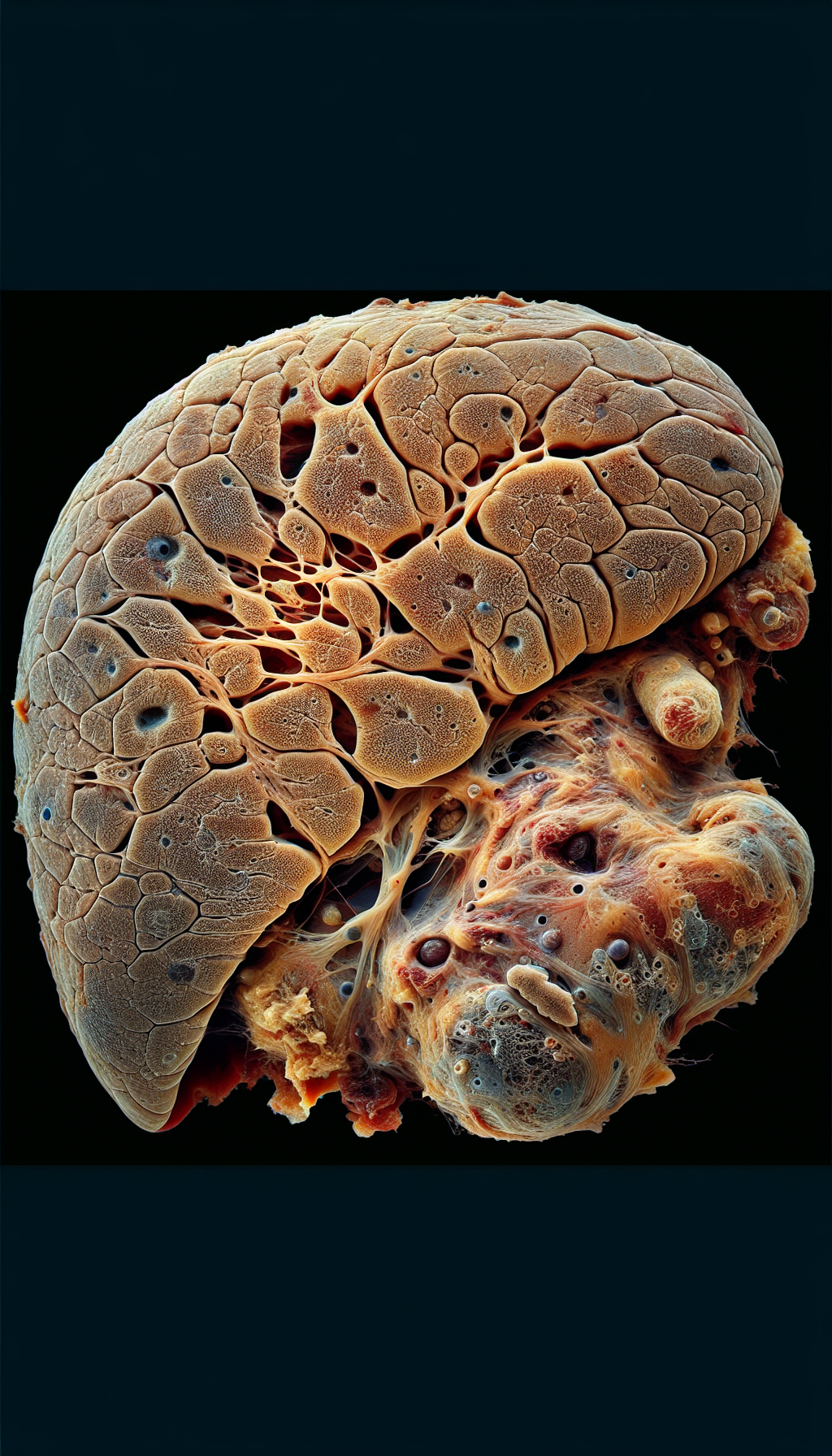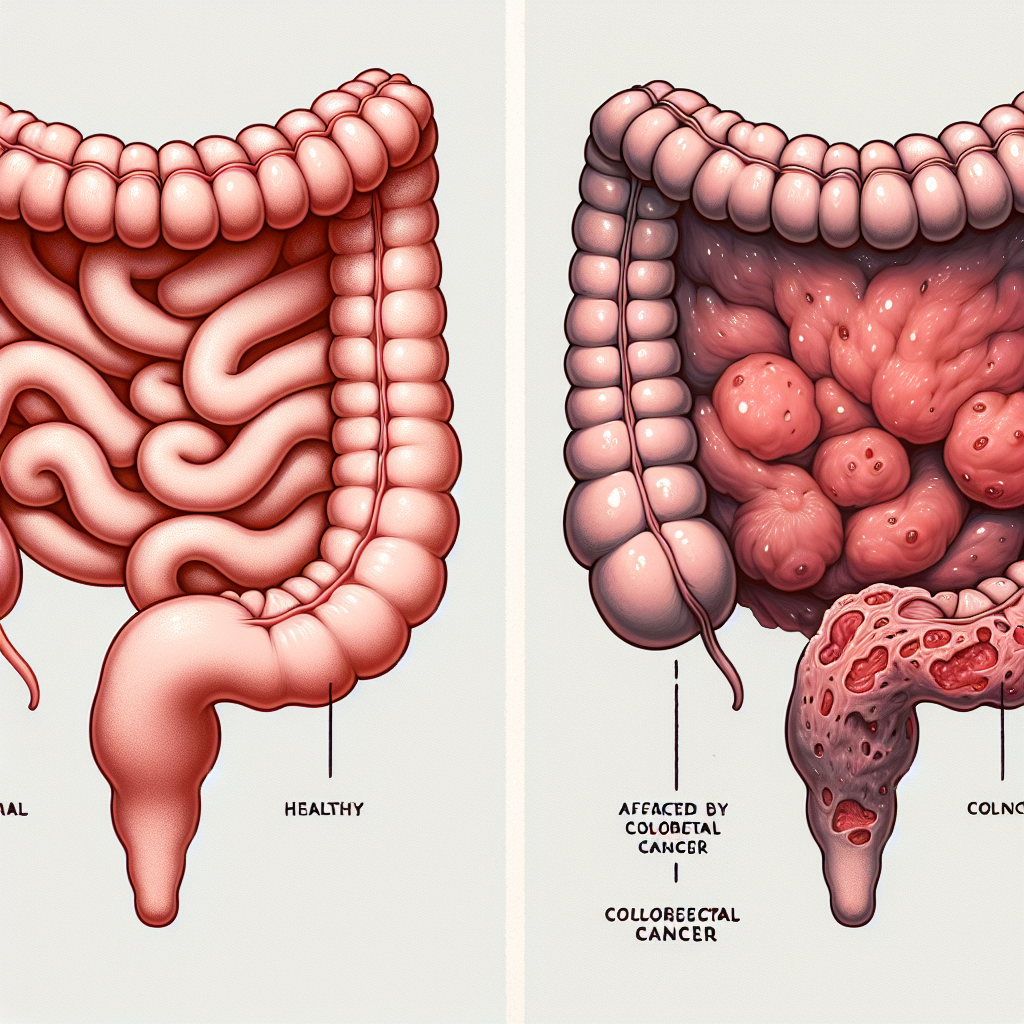Alcohol is a ubiquitous substance in many cultures, enjoyed for its ability to facilitate social interaction and its pleasurable effects. However, the impact of alcohol on digestive health is a significant concern that often goes overlooked. This article delves into how alcohol affects the digestive system, the potential risks associated with its consumption, and strategies to mitigate these effects.
Understanding the Digestive System
The digestive system is a complex network that breaks down food into nutrients, which the body uses for energy, growth, and cell repair. Alcohol can disrupt this critical process at various stages, from the mouth to the colon. When alcohol is consumed, it enters the stomach, where it begins to exert its effects.
Effects of Alcohol on Stomach and Liver
Alcohol can irritate the stomach lining, leading to gastritis and stomach ulcers. It increases acid production, which can cause heartburn and exacerbate conditions like gastroesophageal reflux disease (GERD). Furthermore, alcohol is metabolized in the liver, and excessive consumption can lead to fatty liver, hepatitis, and even cirrhosis. For a deeper understanding of how dietary adjustments can help manage acid reflux, consider reading about Addressing Acid Reflux through Dietary Adjustments.
Alcohol’s Impact on the Intestinal Tract
Alcohol can alter the motility of the intestines, leading to either rapid transit, which causes diarrhea, or slowed movement, contributing to constipation. Chronic alcohol use can damage the mucosal lining, leading to a condition known as "leaky gut," where toxins and bacteria seep into the bloodstream. This condition is intricately discussed in Identifying the Signs of Leaky Gut Syndrome.
Malabsorption and Nutrient Deficiency
The small intestine is where most nutrient absorption occurs. Alcohol can damage the cells lining the small intestine, leading to malabsorption of vital nutrients such as vitamins and minerals. This impairment can result in deficiencies that affect overall health, especially bone health, as nutrients like calcium and vitamin D become less available for maintaining strong bones.
Alcohol’s Effect on Gut Microbiota
The gut microbiota plays a crucial role in health and disease. Alcohol can disrupt the balance of these microorganisms, leading to dysbiosis. This imbalance can contribute to inflammatory bowel disease (IBD), a topic explored in The Role of Diet in Managing Crohn’s Disease. To support the points on gut microbiota, niche resources such as a study on alcohol-induced gut microbiota changes provide valuable insights.
Pancreatitis and Alcohol
Alcohol abuse is a leading cause of pancreatitis, an inflammation of the pancreas that can become chronic and lead to a decrease in digestive enzymes. These enzymes are essential for breaking down food, and their deficiency can result in malnutrition and diabetes.
Esophageal and Colorectal Risks
Alcohol consumption has been linked to an increased risk of esophageal cancer, particularly in individuals with an inherited deficiency in an enzyme that metabolizes alcohol. Moreover, there is a well-established connection between alcohol and colorectal cancer, as detailed in a report by the American Cancer Society.
Mitigating the Impact of Alcohol on Digestive Health
To reduce the negative effects of alcohol on the digestive system, it is advisable to limit intake to moderate levels. The Centers for Disease Control and Prevention (CDC) defines moderate drinking as up to one drink per day for women and up to two drinks per day for men. Additionally, consuming alcohol with food can slow its absorption and reduce irritation to the stomach lining.
Importance of Hydration and Diet
Staying hydrated is crucial because alcohol is a diuretic, which can lead to dehydration and electrolyte imbalances. Eating a balanced diet rich in fiber, vitamins, and minerals can help maintain the integrity of the digestive tract and support liver health.
Seeking Professional Help
For individuals struggling with alcohol dependency, professional help is essential. Treatment programs and support groups can provide the necessary resources for recovery. Healthcare providers can also offer guidance on dietary strategies to restore digestive health.
Conclusion
The impact of alcohol on digestive health is multifaceted and can lead to a range of disorders. Understanding these effects is crucial for making informed decisions about alcohol consumption. Adopting a moderate approach to alcohol, staying hydrated, maintaining a healthy diet, and seeking professional help when needed can all contribute to preserving digestive health.
For those interested in further exploring the connections between diet, lifestyle, and digestive health, Avix Health offers a comprehensive resource on Digestive Health, providing valuable information to support your journey towards optimal well-being.



